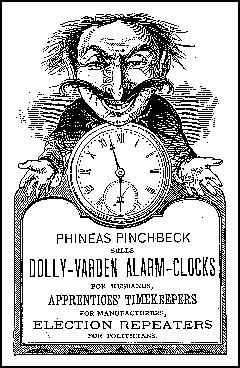Seven Dials
Mystery
Agatha Christie
Read by Emilia Fox
(Audio Partners)

"But why did you shoot him?"
"I didn't shoot him."
"You shouldn't shoot people," said Lord Caterham in a tone of mild remonstrance. "You shouldn't really. I daresay some of them richly deserve it --- but all the same it will lead to trouble."
"I tell you I didn't shoot him."
"Well, who did?"
"Nobody knows," said Bundle.
"Nonsense," said Lord Caterham. "A man can't be shot and run over without anyone having done it."
"He wasn't run over," said Bundle.
"I thought you said he was."
"I said I thought I had."
"A tyre burst, I suppose," said Lord Caterham. "That does sound like a shot. It says so in detective stories."
"You really are perfectly impossible, Father. You don't seem to have the brains of a rabbit."
"Not at all," said Lord Caterham. "You come in with a wildly impossible tale about men being run over and shot and I don't know what, and then you expect me to know all about it by magic."
In casting about in Google for the origin of "Seven Dials," I found that the word "dials" is lower-class English slang for the piles ... as in hemorrhoids. I also found out that Agatha Christie, who married archeologist Max Mallowan in 1930, told the world,
- I married an archaeologist because the older I grow, the more he appreciates me.
She also said, "It is ridiculous to set a detective story in New York City. New York City is itself a detective story."
The book was first published in 1929, but we heard it by way of five casettes from Audio Editions' "Mystery Masters." The reader is Emilia Fox.
Her voice and accents are impeccable, except in the rare case where she is called upon to sound like an American. This comes out raspy and nerve-wracking but, hell, maybe this is the way all Americans sound to the English.